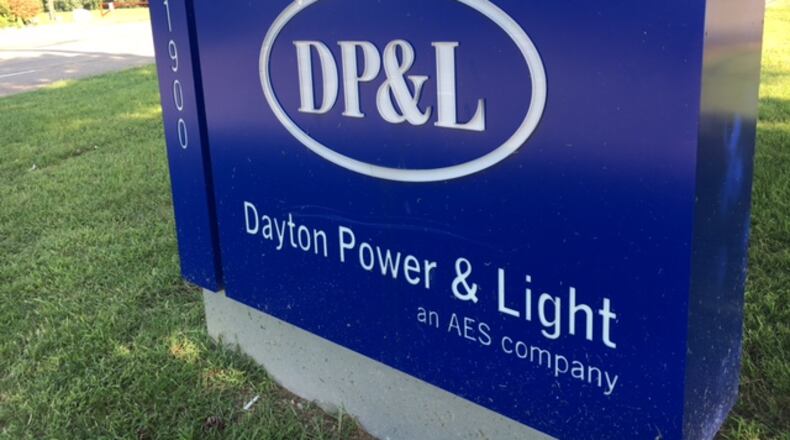In a letter to mayors and other community leaders, DP&L said even with an increase, DP&L’s rates would continue to be the lowest in Ohio.
“DP&L cares about our customers and understands the challenges caused by the COVID-19 pandemic, and we continue to offer extended pay options and access to resources such as the Gift of Power,” said Kristina Lund, president and CEO of DP&L, in a written release. “Our investments improve service for our customers, while our rates remain the lowest for electric service in Ohio. With DP&L’s investments in improved service and AES’ Smart Operations center in Dayton, we continue to support economic growth and technological innovation in Dayton and the surrounding communities.”
DP&L serves 530,000 customers in 24 counties in Ohio. The company gave notice Oct. 30 with the Public Utilities Commission of Ohio that it plans to file on Nov. 30 what is known as a distribution rate case. The rate increase is part of that rate case. When the case is filed with the PUCO, it kicks off a 275-day process, said PUCO spokesman Matt Schilling.
DP&L’s last distribution rate case was in 2015.
Local electric bills are changing in other ways, too.
A ruling by the Ohio Supreme Court in June 2019 meant utility companies could no longer charge “distribution modernization” fees that they had been collecting. A decision by PUCO last November blocked DP&L from collecting that charge, which the Ohio Manufacturers Association estimated to add up to $105 million a year.
The court did not make utility companies refund the “distribution modernization” charges they had collected.
DP&L has also stated that it is ready to start collecting an additional fee on users that is mandated by a law, House Bill 6, which was passed last year by the Ohio legislature. The fee is projected to raise an estimated $18.5 million in 2021 from DP&L customers. The fee is meant to subsidize nuclear power plants owned by Energy Harbor, formerly a subsidiary of Akron-based FirstEnergy. The subsidies will also be charged to electricity customers statewide. House Bill 6 called for $1.3 billion of fees, and passage of the bill is now at the center of a public corruption case.
The Ohio Consumers’ Counsel, which represents residential customers, is asking the PUCO to make the HB6 subsidies refundable to customers if the law is repealed. “The PUCO’s focus should be on protecting people’s money from giveaways to energy companies,” the OCC said in its filing.
About the Author

